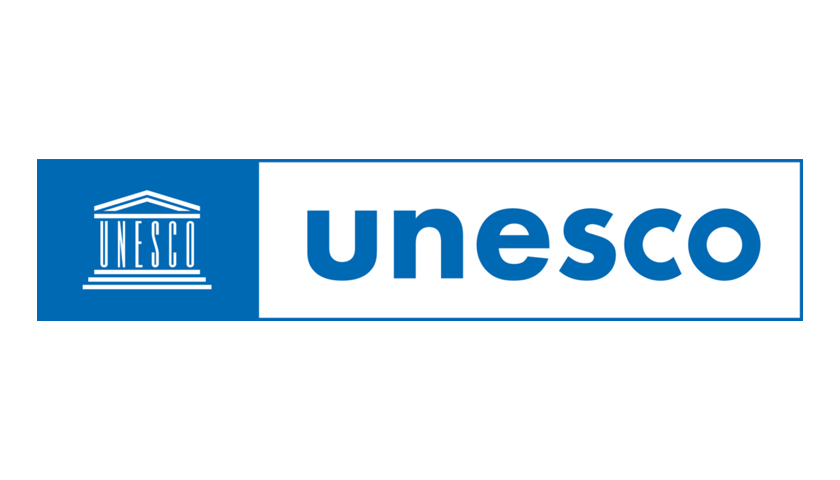On the occasion of the International Day of Commemoration in Memory of the Victims of the Holocaust, 27 January, UNESCO urges social media companies to intensify their fight against antisemitism and denial and distortion of the Holocaust online. The Organization has already established partnerships with Meta and Tik-Tok as a key first step, but significant work remains.
As we enter a world with fewer and fewer survivors who can testify to what happened, it is imperative that social media companies take responsibility to fight misinformation and to better protect those targeted by antisemitism and hate.
Audrey Azoulay UNESCO Director-General
Take action online through moderation and education
Nearly 80 years after the Holocaust, greater vigilance is needed to check the growth of antisemitism, hate speech and genocidal ideologies. Increased efforts to empower users and safeguards are critical as well as to ensure that any steps taken are in line with international standards of freedom of expression and human rights.
In line with this, UNESCO and the World Jewish Congress have developed online resources about the history of the Holocaust and its legacy, which are now used by Meta and TikTok to counter the spread of content denying and distorting it
Users of these platforms are alerted when they consult content on the Holocaust to ensure the reliability of the source and they are encouraged to learn more about the facts by visiting a website with certified content. In the last year, 3,426,436 users in 180 countries have visited the site AboutHolocaust.org site.
Alarming figures, especially on Telegram and Twitter
Unfortunately, antisemitism and denial and distortion of the Holocaust continue to proliferate on all platforms, and the figures are alarming. UNESCO research, published with the United Nations in 2022 found that an average of 16% of social media posts on the Holocaust falsified history, and this rate rises to 49% on Telegram, which is not moderated at all.
On Twitter, in 2022, 17% of social media posts on the Holocaust falsified history. But the situation deteriorated considerably following the upheaval at the company at the end of the year. In November 2022, according to data collected for UNESCO, there was a significant increase in the levels of anti-Jewish content, with a 23% increase in the use of derogatory terms compared to a year earlier.
UNESCO acting also in schools, to teach children about the Holocaust
UNESCO also implements programmes across the world to promote Holocaust and genocide education. In February 2023, UNESCO and the US Holocaust Memorial Museum will train ministry of education officials in Brazil, Cambodia, Colombia, Ecuador, Greece, India, Morocco, Nigeria, Rwanda and Serbia to develop ambitious Holocaust and genocide education projects in the 10 countries.
In 2023, the UNESCO Chair on Genocide Education at the University of Southern California and partners began training schoolteachers, superintendents and principals in the United States to address antisemitism in schools. It marks a year of global actions where UNESCO will be working with Member States to address antisemitism through education in countries including Austria, Belgium, Canada, Croatia, France, Italy, Spain, and continue our activities with the United Kingdom and across Latin America.
Commemorative Events on 26 January
UNESCO organized a ceremony of Commemoration in Memory of the Victims of the Holocaust on 26 January, including a performance of Jorge Grundman’s Shoah, for Solo Violin and Sacred Temple by violinist Robert Davidovici and a survivor testimony from Isabelle Choko, President of the Union of Auschwitz Survivors, France.
